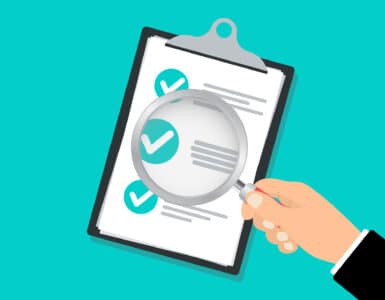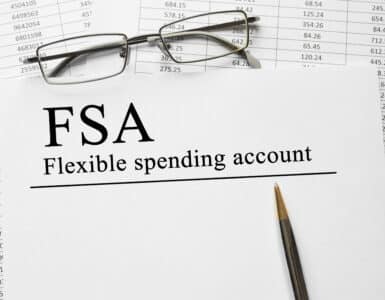Your boss called you into her office and, no, she didn’t fire you. (Whew.) Instead, she offered you a raise! Back at your desk you start surfing the web for all of the things you are going to buy with this extra income. Then the financial advisor on your shoulder taps you. Is that really the best thing to be doing with your windfall?
Well, maybe not. But, what should you be prioritizing? Savings? A retirement fund? Paying down debt? Kelly Graves, CFP with Carroll Financial Associates in Charlotte, NC says it’s important to look at a at a raise as funding your entire life instead of just funding your right now. That’s not the easiest mindset to get into, unfortunately. Humans, being human, are wired for instant gratification – which can get in the way of achieving some of those pricier long term goals. With that in mind, here are a few suggestions for getting the most out of those extra dollars.
· Envision your future goals. Those shoes or that new cellphone might look like it’s a have-to-have item, but how does it compare with the idea of being able to stop working a year or two early. No, one purchase isn’t going to make the difference, but a change in mindset can. Kristy Archuleta, Associate Professor in the Department of Financial Planning, Housing, and Consumer Economics at the University of Georgia suggests taking a serious look at what you want your financial future to really look like. “Most of us probably won’t say living paycheck to paycheck, worried about how we are going to pay our bills or having to work until we are 75 or 80 because we don’t have enough retirement saved. Most of us probably really want to be stress-free or worry-free of money problems.” That can compel you to save more.
· Nail down the big three. There are three building blocks Graves and Archuleta agree are key to a successful financial life. Use your raise to make sure that you’re making progress toward all of them. First, you need to have an emergency fund with 3-6 months of expenses saved. Simultaneously, work to pay off any high interest rate debt. And also, make sure you’re kicking money into a retirement plan, like a 401(k) or an IRA. In particular you want to grab any matching dollars you’re offered.
· Treat yo’self. A raise deserves a celebration and – within your budget – a reward. If you’ve been feeling stressed at work, maybe a manicure is in the cards. Take yourself out to that new restaurant you’ve been dying to try that has always been out of your price range, or add that purse back to your cart so you feel fabulous whenever you use it. Archuleta says it isn’t bad to spend a little on yourself, but make sure you have the self-control to buy that one time gift without overindulging and spending your entire raise in one sitting.
Finally, if you are paying your bills on time, are debt-free, and have both emergency savings and retirement savings underway, you can start increasing your regular spending. But don’t go crazy. Add a little more spending at a time to see what works for you. If there’s even more left over after adding your new expenses to your budget, throw that into savings, too.
With Rebecca Cohen






